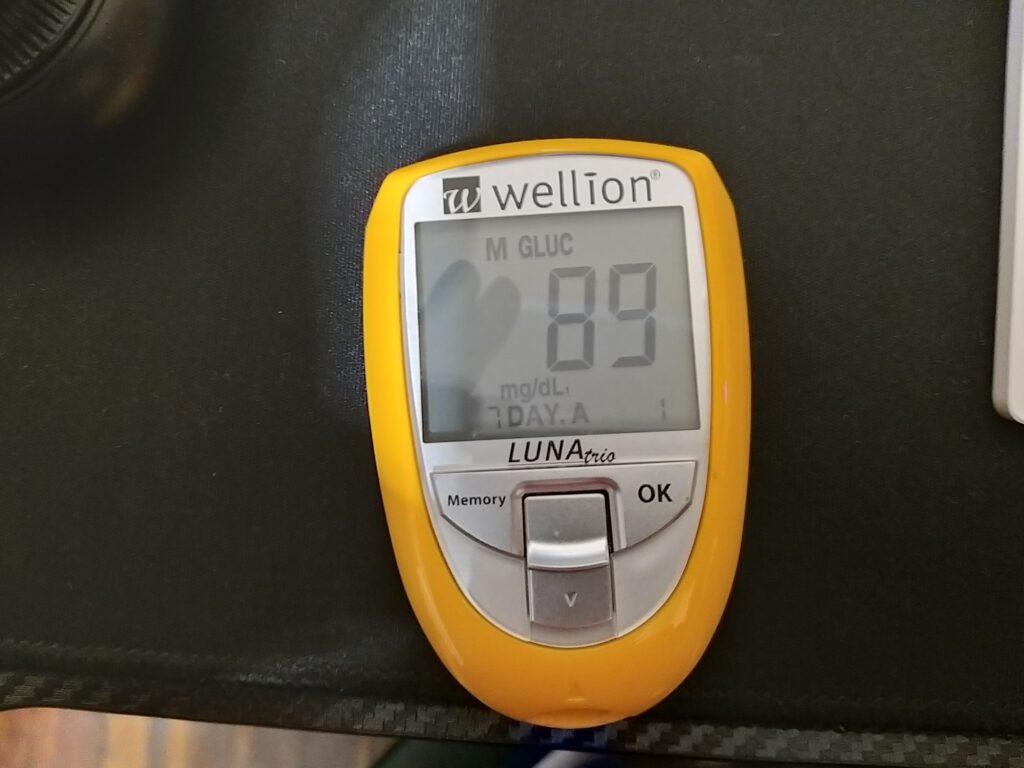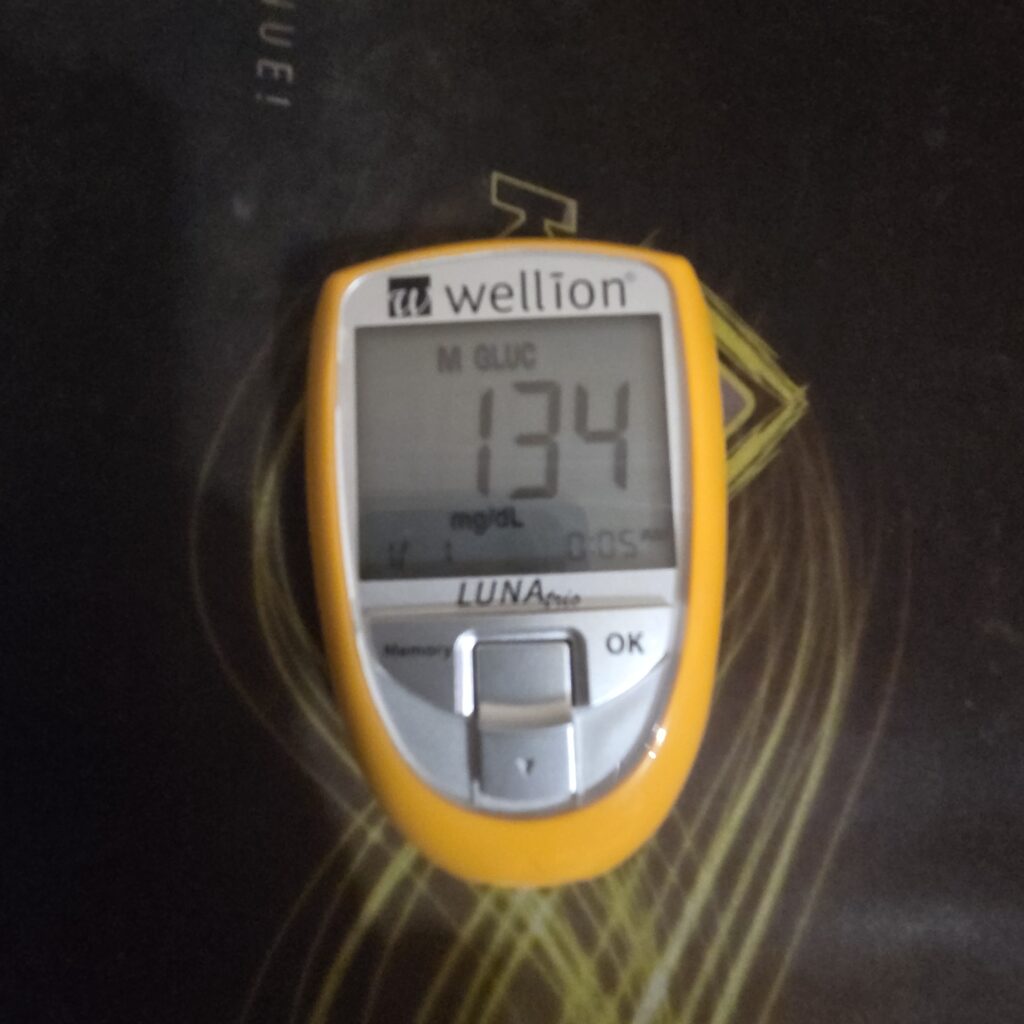Publicado: 12 de November de 2025 | Actualizado: 04/12/2025 a las 12:20:59 PM
The vitamins found in fruit, eggs, milk, and seeds may be related to the growth and reproduction of cells from these foods, and these end up in our bodies.
As we age, vitamins can contribute to excessive cellular inflammation or premature aging.
Vitamins found in fungi can be toxic depending on the species.
The poisons used by animals or plants could be classified as vitamins.
Vitamins aid in growth and the transmission of cellular radiation into the atmosphere. This could be the limit of vitamins, which would need to be regulated by chromosomes. Less invasive radiation is present in younger plants and animals, and the reproduction of animals and plants could lead to cell growth due to vitamins, which can then be released into the atmosphere.
An indicator of poor or toxic vitamin levels in the body can be stools with discoloration or traces of undigested food. Vitamins can also cause liver dysfunction and increase bacterial levels in the colon.
Why are white blood cells not very efficient at digesting vitamins, eliminating them through the liver, and why do they only excrete small doses? This may be due to the cell division process in tissues during mitosis, and sometimes a significant amount of vitamins is needed because of the gas they produce. They also eliminate certain doses when losing weight.
It could be said that the more of these vitamins you have, the more tissue your cells regenerate. However, as you reach a certain age, this gas can become excessive, and regulating this invasive gas can alleviate the effects of aging.
Depending on the type of vitamins, this gas can be more or less potent.
Low levels of vitamins, or lowering them, could lead to wounds and poor platelet function. Conversely, lowering vitamin levels could lead to a better liver response, resulting in softer, more mineralized stools.
Vitamin D levels can be low on sunny days or in summer due to its gaseous state, separated from atmospheric water. The more atmospheric water, the less vitamin D is available, and therefore the less energy the gas is needed for mitosis. This can lead to tissue deterioration, particularly in cartilage and bone, due to the vitamin D deficiency, which hinders cell reproduction.
The vitamins have protein characteristics in the cells they contain. When the organism is high in vitamins in cells, it has anti-leukocytes and cell receptors, it is anti-oxidative, it activates the oxidation of vitamins and in this case, which causes it, it is excrement of vitamins, its cells and its excrement are here to stay expulsados por el hígado. This oxidation of vitamins was carried out by the cells of the tejidos, taking approximately 48 hours, unless it oxidizes more quickly and produces toxicity. If vitamins or classes of vitamins are not infected with leucocytes, some vitamins may be cancerous, if the vitamin content is high, you will also see the oxidation of vitamins increases the oxygen in cells by up to 35%, more physical strength and muscular.
Another possible consequence is that vitamins can become toxic and carcinogenic due to low protein levels in cells. Vitamins are vital for physical performance and antibody oxidation, as they attract antibodies and oxidize neurotransmitters with the help of oxygen. However, when protein levels drop, cells are deprived of oxygen, and vitamins become toxic and carcinogenic, leading cells to begin phagocytizing them. If protein levels in the diet increase, cells receive more oxygen, and vitamins attract antibodies for neurotransmitter oxidation. This process, involving oxygen and antibodies, produces CO2 and facilitates calorie intake and physical performance.
Vitamins can be hallucinogenic and cause schizophrenia, as in the following case. A diet rich in carbohydrates and vitamins produces very good physical performance because vitamins attract antibodies to carbohydrates phagocytosed by leukocytes, and neurotransmitters in neurons dissolve many fats. However, this fat-dissolving effect accelerates neurotransmitters in neurons, which could lead to a loss of atmospheric water. This, in turn, can cause excessive light sleep, hindering rest and relaxation.
When sleep ceases to be deep and restorative, and dreams lead to extreme stress upon waking, which can reduce physical performance, it is best to lower the intake of vitamins and carbohydrates and increase protein consumption.
Vitamins take two hours to take effect once ingested, and it is not recommended to take vitamins when going to bed, but rather two hours before exercising.
Another point I want to emphasize is that excess vitamins can raise the heart rate, which may or may not be productive, depending on physical performance, which needs to be assessed. For example, the maximum amount of vitamins, or vitamins like THC, which is a substance that greatly enhances the effects of a normal vitamin and is a component of cannabis, can be related to CPK levels, which appear in the blood when you are at risk of a heart attack, among other problems, including mental health issues. In this case, the heart rate increases too easily, and physical performance is not productive. This varies from person to person, but in individuals with low vitamin levels, THC shouldn’t be so harmful. Perhaps, I don’t know, but I consumed it a long time ago, and this is my experience. I only know about vitamins in juice at this time of year, but at a high and productive level, in terms of cardiac performance, THC can be detrimental. I also want to clarify that when the heart rate gets too high and is not productive, it’s best to reduce vitamin intake. I also want to clarify that vitamins in cells, without carbohydrates, can be tumor-prone due to a lack of oxidation, thanks to the antibodies in carbohydrates. That’s why, if the heart rate gets too high and is not productive, it’s best to reduce vitamin intake.
CPK is an enzyme found in muscles, the heart, the brain, etc., and it serves as an enzyme to metabolize creatine, producing muscle strength. However, when a muscle is rich in vitamins, antibodies, and carbohydrates, it exerts its maximum wattage. Because it is low in protein, the muscles, for example, can suffer a muscle fiber contracture. It is at this moment that the CPK enzyme is released into the bloodstream to stop metabolizing creatine and prevent a serious injury, such as a contracture. CPK is also released due to vitamins, antibodies, and neurotransmitters, which produce a lot of oxides in cells. When protein is low, these oxides are not easily expelled from the muscle cells.
An example of vitamins and carbohydrates is that, for example: A glass of juice contains so many vitamins that they are enough to oxidize 300 grams of carbohydrates, and THC might require 1.5 kg of carbohydrates in the blood, and if these carbohydrates and vitamins are not consumed, they can be tumor-prone. Four glasses of juice would be like consuming 2 grams of THC, but one glass of juice has 1 gram of vitamins.

In this picture of me taking a blood sugar reading, I could say it’s not suitable for THC consumption.

In contrast, this other image of mine, from another sugar measurement, at another time, could be sufficient for the consumption of 2 grams of THC, but a slightly higher sugar level is preferable.
The dizziness that THC causes could be due to a sudden drop in blood sugar, or hypoglycemia. This usually subsides when the THC enters cells and is stored for later use, when the 1.5 kg of carbohydrates are consumed gradually or daily.
If we exercise a lot, THC can cause low blood sugar, which can be dangerous during the first four hours of THC consumption with accumulated exercise. This is because if we ingest carbohydrates, blood sugar is not replenished until four hours after consumption, and the effects of THC can last for four hours.
Another effect of vitamins and vitamin-like substances is that the intake of vitamins, or specific types of vitamins, can alter the timing of liver and kidney function. For example, in old age, when the diet was rich in vitamins, liver function slows down. This is because, with vitamins, cells reproduce and expand into the atmosphere. Each time a new cycle of atmospheric expansion begins, the cells gain altitude, which changes the liver’s cycle. For instance, the higher the altitude, the slower the liver’s cycle, because the cell’s rotation at higher altitudes changes the diameter of its rotation, or the time it takes to eliminate waste products like feces or urine through the kidneys. This atmospheric invasion, which rises to a certain altitude, also prevents certain cells from absorbing protein, such as the melanocytes in hair. If chromosomes in the liver are modified to facilitate their rotation or cycle time, it can cause the melanosomes in hair melanocytes to take up protein, and these proteins are then used by the melanosomes to produce melanin.
This increased altitude of the cells causes them to communicate over greater distances and slow down their activity. The liver also doesn’t absorb protein because water doesn’t reach such high altitudes in the atmosphere.
Another thing that can happen with some plants is that they dry out during certain seasons because they consume their vitamins. They reproduce and grow using vitamins, but when they reach a certain point or season, they lack the proteins that prevent them from drying out.
